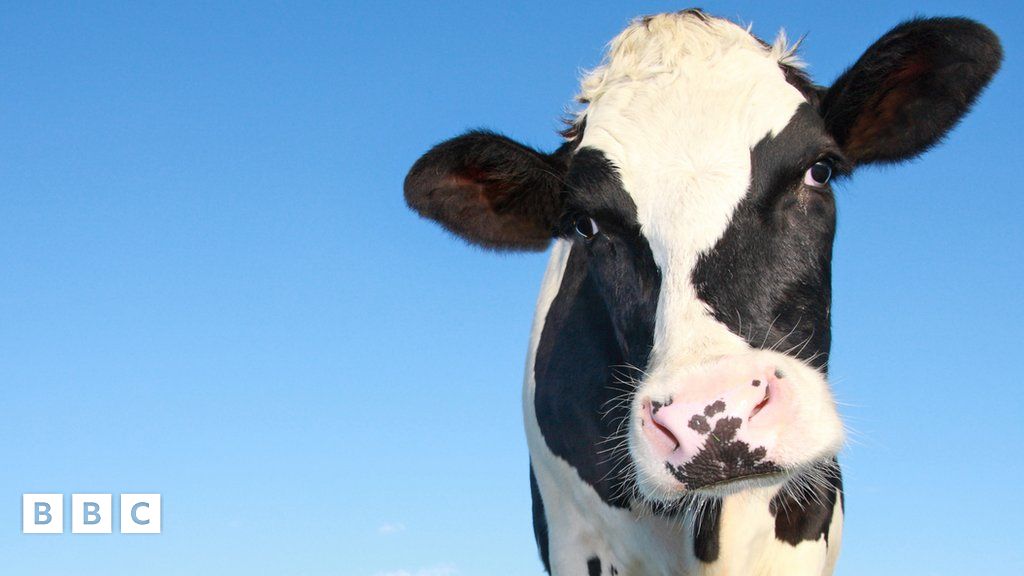borderterribles
Member
- Location
- South Shropshire
Hmmm, I strongly suspect that you don't understand the range of ethnic diversity at Goldsmiths? Number 1 daughter did her degree there. It seemed then to me to be mainly staffed by barking bat-sh!t mental fruit loops!Stop Foreign students and their air travel that would reduce their carbon footprint?








